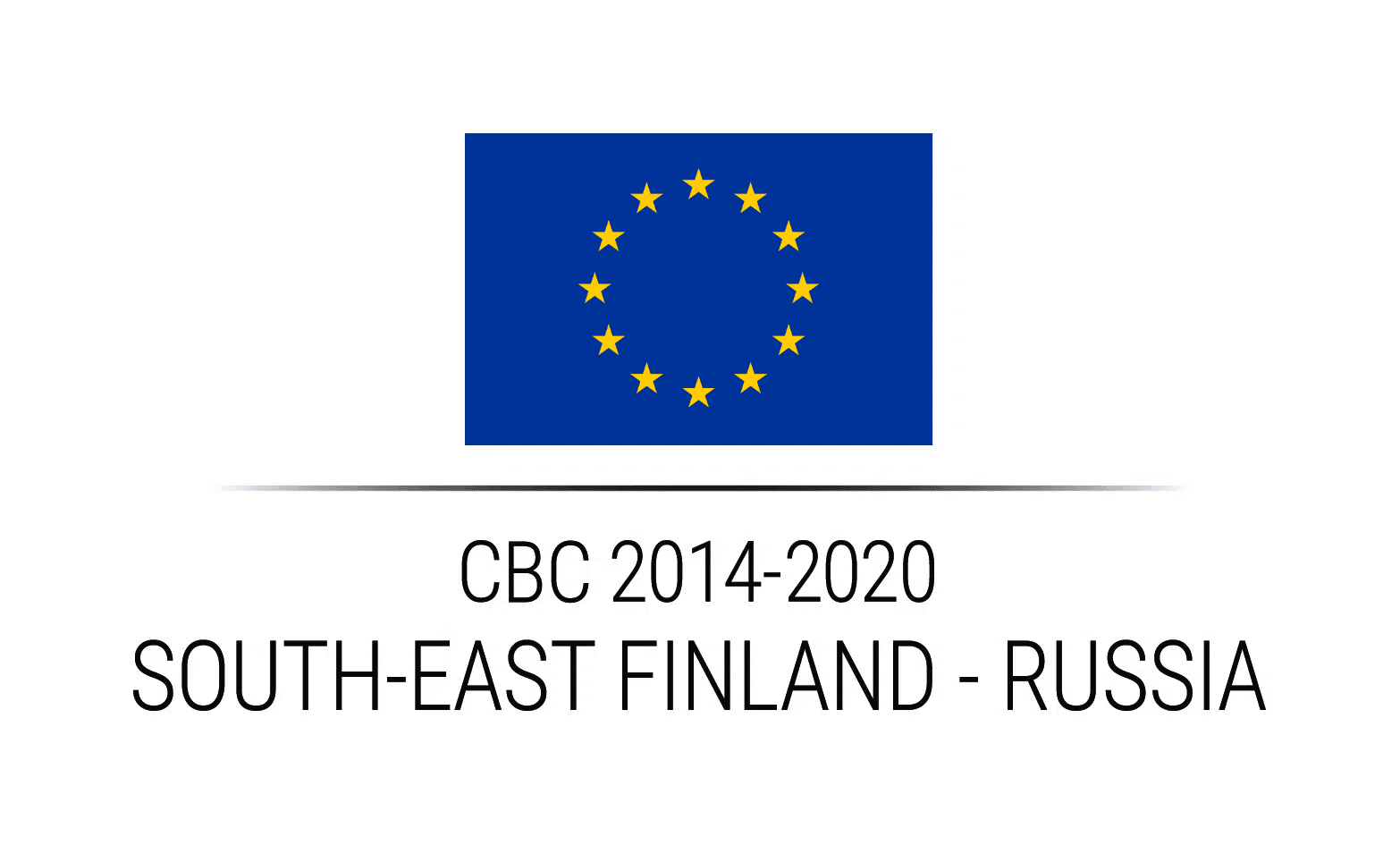Igor Kuprienko
Head of Project Development Division
ITMO University
One feature that characterizes South-East Finland – Russia CBC Programme core area well, is a relatively high number of higher education institutions. Alone in Saint Petersburg, there are over 100 universities, which offers great potential also for students arriving from abroad (Study in Russia, 2020. The Ministry of Science and Higher Education of the Russian Federation). Some of these academic institutions have built strong cooperation networks with the Finnish partners and have implemented cross-border cooperation projects funded by ENPI CBC 2007-2013 and ENI CBC 2014-2020 programmes.
South-East Finland – St. Petersburg, Leningrad oblast cooperation
Igor Kuprienko has followed this development for good over 20 years in public and private sectors and learning vast experience in the Cross-Border Cooperation environment. He worked ten years in St. Petersburg SME Foundation that was launched as a European Union TACIS project, and from 1998 onwards, building in-depth knowledge of the financing instruments by participating to several cross-border initiatives, which were building the cooperation concept of South-East Finland – St. Petersburg, Leningrad oblast cooperation.
By gaining expertise on a very practical level of cross-border cooperation between Finland and Russia, Igor has also worked as the head of the representative office of Lappeenranta in St. Petersburg. During those years he supported creation and planning of many initiatives with local authorities both in Finland and Russia, companies and organisations, universities, and researchers, who were interested in development the cross-border cooperation.
Today, working at the ITMO University, Igor and his team searches financing opportunities for the projects, organize information and training seminars and provide consultation for academic actors, students and businesses on preparing grant applications and how to manage funded project. All this is definitely resulted from a long experience and the strong willingness to work in networks and endorse people-to-people cooperation.
“My first trip to Finland was in 1991, opening the life-long cooperation with many actors in Finland, European Union and world-wide. Cross-border cooperation between Finland and Russia is a great example for the whole EU-Russia relations, and I am happy to be a part of it,” Igor sums up.
When Vestra, Finstra and Joinstra turned into cooperation corridor
Sustainable and good results may be gained by one sole initiative, but when you put efforts on wider strategies and manage to create inspiration-flow, it is more likely that they remain alive after the direct programme support ends. One example of such success stories has been the joint strategy for cooperating regions, identifying most emerging areas for intervention. This initiative was carried out in the first decade of the 21st century and it ended up with three integrated strategies: VESTRA – the joint strategy of Finnish municipalities (South-East Finland) to build the cooperation with Russia (St. Petersburg and Leningrad oblast); FINSTRA – the visa-versa strategy of Russian municipalities to cooperate with Finland; and finally, JOINSTRA – the joint strategy in cooperation between the regions.
Strategies were presented to key players from cooperating regions and later on, they were used as a ground for the agreement between St.Petersburg and three regional unions of South-East Finland with the title “St. Petersburg Corridor – the Heart of Northern Dimension”. This initiative identified and integrated the local interests to the cross-border cooperation approach.
But where and how can we see the reflections of this joint corridor today? Undoubtedly in good personal and institutional relationships in the border regions, and in those several joint development projects that have resulted Finnish-Russian alliances for example in the fields of higher education, research, management of common challenges, developed prerequisites for business and tourism and nature protection. This, and other constructive networks are there also for the future. “Sustainability of the projects’ results is based on strong and sustainable partnership,” agrees Igor, and the partnership is exactly what we need also for 2021-2027 programme period; at the project level but also among the stakeholders developing and financing the programmes.
Breaking institutional walls
ITMO University is a very active player in the current CBC programme period, and universities in general are important resource for the cross-border cooperation. With many scientific and research groups, thousands of students, strong and professional administration and wide range of international networks they create great potential, which should be put to even wider use.
To do this, universities’ themselves should also break out of institutional walls. With well-planned focuses, their competences shall assist to technology and innovation development of local businesses and gain more well-being and opportunities for the local communities. In fact, majority of ITMO’s projects are already very practically oriented and it works together with business development organizations, SMEs associations and unions, local authorities and municipal agencies. Having this approach, also the graduates have the international experience and practical skills demanded by the markets. And that is, why they are looking forward for the next programme period also at the ITMO. “We believe that the current priorities were well balanced, and they will be continuing in the next programme period. The universities’ role shall stay proactive and generating more initiatives,” states Igor Kuprienko, Head of the project development division of the university.
Friendship beyond all borders
After having such an interesting overview for the long and strong professional aspects, let’s still come back to the personal level. Spring 2020, with unexpected and confusing virus pandemic has taught a lot to all of us, also the importance of friendships and the meaning of trust and confidence. It says a lot when people in the border regions start missing their friends and partners in the neighbour country.
“Cross-border international cooperation is an essential part of my life not only business, but also private. I cannot imagine my life without my Finnish friends and partners, without international cooperation, without thinking myself as a part of cross-national culture,” thinks Igor Kuprienko, and has definitely a special place for CBC in his heart.
Editor: Sari Loisa

